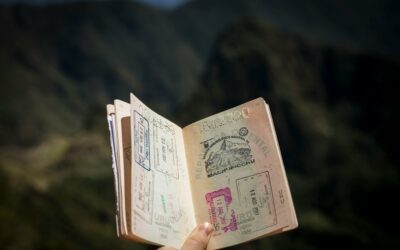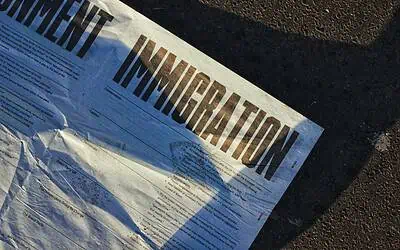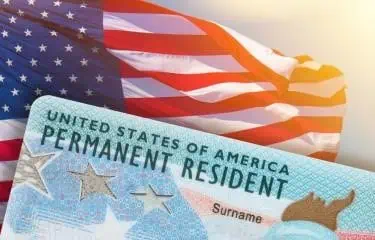A power of attorney is a legal document by which a person authorizes another person to represent him or her in various types of official transactions. The person who grants a power of attorney to another person is called the “grantor”, while the person who receives the power of attorney is called the “grantee”.
Powers of attorney can be classified according to their scope; while some powers of attorney are general and work for a wide range of notarial transactions, others are issued with the sole function of authorizing a specific procedure and once completed, the notarial document definitively loses its validity.
The power of attorney must be granted to a person in whom the grantor has confidence, since the granting of a power of attorney allows the agent to freely dispose of the property or legal authority granted. Some powers of attorney contain a condition that the principal may not delegate the powers conferred by the power of attorney to a third party.
One of the situations in which a power of attorney is used is in real estate transactions, as there are a number of situations in which a person may be unable to exercise his or her role as owner of a home or other property.
When do you need to use a power of attorney for real estate?
Circumstances where it may be necessary to use powers to manage property:
- Disability: In cases in which the owner, due to illness or disability (physical or mental), is unable to decide on the management of his property or to attend the instances that require his presence to carry out a procedure.
- Residence abroad: for non-residents in Cuba or Cubans living abroad. These powers of attorney may be issued either from within the national territory or from abroad, through the diplomatic missions of the Republic of Cuba in foreign countries.
Note 1: Expatriates can only issue proxies from abroad.
Note 2: A power of attorney may be granted by more than one principal to more than one attorney-in-fact, either for joint or independent use.
Note 3: If a power of attorney gives the attorney-in-fact the ability to perform domain actions, it means that the attorney-in-fact may sell, donate, or convey the real property in question as if he or she were the owner.
Steps to Issuing a Power of Attorney in Cuba
- The interested party or parties (the presence of the representative is optional) must appear before a notary with their identity card.
- Detail the authority granted to the principal by the principal.
- Proceed with payment in accordance with the notary process.
- Pay the Stamp Tax (either by purchasing physical stamps, paying virtual stamps, or in cash).
This process takes approximately 5 business days from the time the power of attorney is issued by the notary.
How long does a power of attorney last?
In principle, a power of attorney has an indefinite duration (unless specified by the principal), but certain circumstances may result in its automatic termination.
This is what happens when:
- The attorney-in-fact becomes incapacitated, dies, or is no longer in Cuba.
- the principal passes away
The principal may request the revocation (total or partial) of a power of attorney whenever he/she deems it necessary. The attorney-in-fact must be informed immediately and accurately, and the attorney-in-fact should preferably keep written evidence of this communication.
About Us
Opapeleo is your agency for paperwork procedures 100% online or by phone. We are in Washington DC 150 meters away from the Cuban Consulate. We provide Extension services and Cuban Passport Renewal, Legalizations, Powers of attorney of all kinds, authorisation for the departure of minors, DVT, Cuban visas,Top-ups, requesting Cuban certificates, sending official documents and all kinds of procedures related to Cuba.


